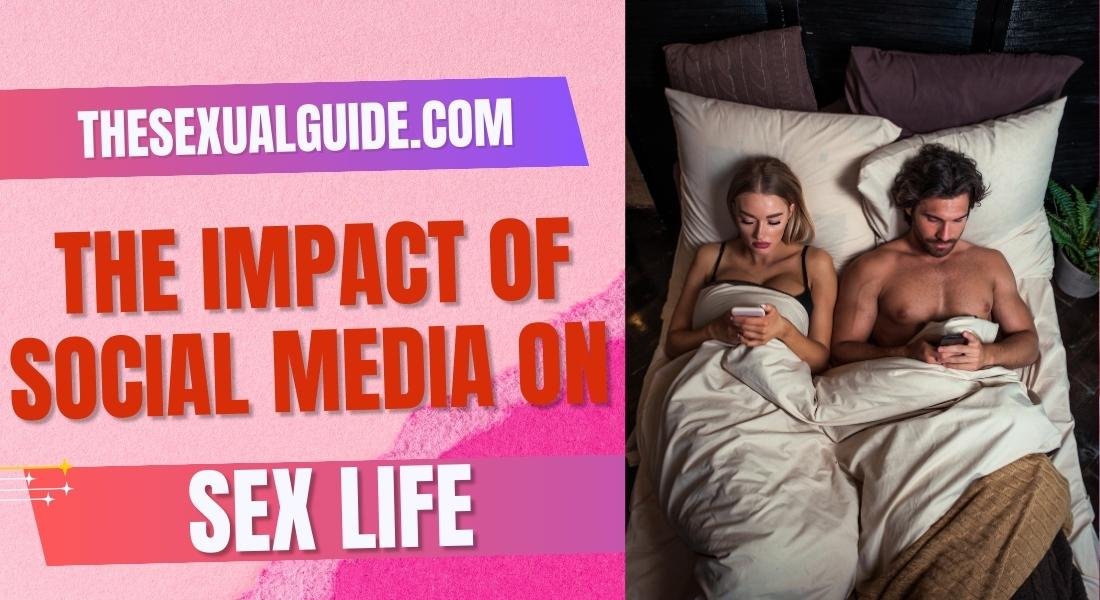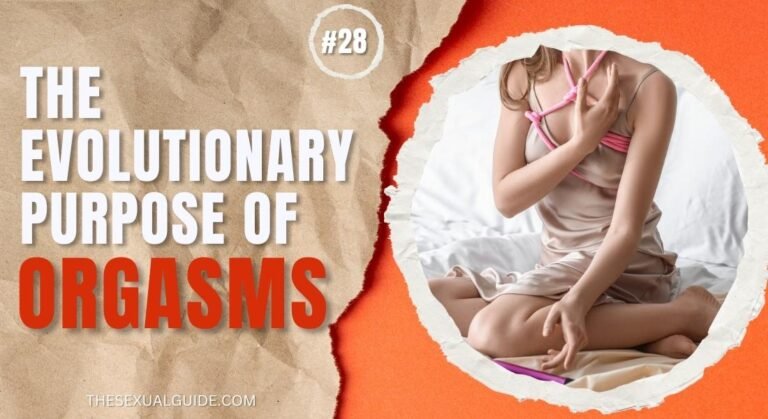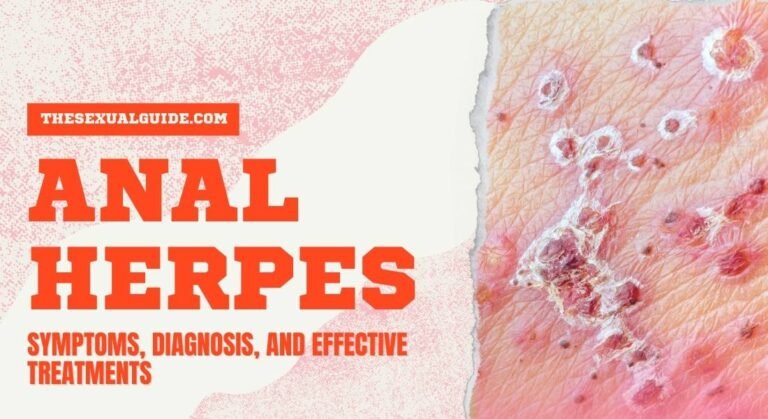Social media has become an integral part of our daily lives, influencing various aspects, including our intimate relationships.
While it offers platforms for connection and information, excessive use can have unintended consequences on our sex lives.
The Double-Edged Sword of Social Media
Social media platforms like Facebook, Instagram, and Twitter provide avenues for staying connected and accessing information.
However, excessive engagement can lead to issues such as decreased sexual satisfaction and increased sexual dysfunction.
A study published in the Journal of Sexual Medicine found that problematic social media use is associated with lower sexual arousal and greater sexual dissatisfaction in women.
The Link Between Social Media and Erectile Dysfunction
Erectile dysfunction (ED) is a common issue among men, characterized by the inability to achieve or maintain an erection suitable for sexual activity.
While ED can result from various physical and psychological factors, recent research suggests a connection between excessive social media use and ED.
A study indicated that men who engage heavily in online activities may experience higher rates of sexual dysfunction, including ED.
Key Takeaways:
- Increased Screen Time: Prolonged periods spent on social media can lead to reduced physical activity and poor sleep patterns, both of which are risk factors for ED.
- Psychological Impact: Exposure to idealized images and lifestyles can lead to decreased self-esteem and increased performance anxiety, contributing to sexual dysfunction.
How Social Media Affects Intimacy
Beyond the physical implications, social media can impact the emotional and psychological facets of intimacy.
Distraction and Reduced Quality Time
Constant notifications and the urge to check updates can distract partners during intimate moments, leading to reduced quality time together.
This distraction can hinder emotional connection and decrease sexual satisfaction.
Comparison and Unrealistic Expectations
Social media often showcases curated highlights of others’ lives, leading individuals to compare their relationships to seemingly perfect ones online.
This comparison can foster unrealistic expectations and dissatisfaction within one’s own relationship.
Strategies to Mitigate Negative Effects:
- Set Boundaries: Establish specific times to disconnect from devices, especially during moments meant for intimacy.
- Open Communication: Discuss with your partner the impact of social media on your relationship and work together to set mutual expectations.
- Mindful Usage: Be conscious of the content you consume and its potential effects on your self-esteem and perceptions of intimacy.
Expert Opinions
Dr. Zoe Williams, an NHS GP, emphasizes the importance of addressing both psychological and physical factors when dealing with sexual dysfunction.
She suggests that open communication with partners and seeking professional help can be beneficial steps toward improvement.
Addressing Erectile Dysfunction
For those experiencing ED, several treatment options are available:
- Oral Medications: Phosphodiesterase type-5 inhibitors, such as sildenafil (Viagra) and tadalafil (Cialis), are commonly prescribed to enhance blood flow to the penis.
- Lifestyle Changes: Regular exercise, a balanced diet, quitting smoking, and reducing alcohol intake can improve ED symptoms.
- Therapy: Counseling or sex therapy can help address psychological factors contributing to ED.
For trusted solutions to ED, consider exploring reputable providers like LibidoDepot, known for offering effective treatments tailored to individual needs.
Conclusion
While social media offers numerous benefits, it’s essential to be mindful of its potential impact on intimate relationships and sexual health.
By setting boundaries, communicating openly with partners, and seeking professional guidance when needed, individuals can maintain a healthy balance between online activities and real-life intimacy.
Call to Action: Want to learn more? Visit LibidoDepot for trusted solutions to enhance your sexual health and intimacy.
Frequently Asked Questions About the Impact of Social Media on Sex Life
1. Can social media negatively affect intimacy in relationships?
Yes, excessive use of social media can lead to emotional distance, jealousy, and reduced quality time between partners, all of which may negatively impact sexual and emotional intimacy.
2. How does comparing relationships on social media influence sex life?
Constant comparison to idealized portrayals of relationships online can lead to unrealistic expectations, body image issues, and performance anxiety, which may decrease sexual satisfaction.
3. Can social media be used positively to enhance a couple's sex life?
Absolutely. When used mindfully, social media can offer access to sex education, relationship advice, and even playful or flirtatious exchanges that build anticipation and connection.
4. Does social media use lead to more infidelity or emotional cheating?
Research suggests that social media platforms can create opportunities for emotional or sexual infidelity, especially when boundaries and communication in the relationship are unclear.
References
- How Social Media Impacts Intimacy and Relationships
- Technology and Intimacy
- Social Media Use and Romantic Relationships: A Review
- Facebook Use and Relationship Quality
- Social Media Can Sabotage Relationships
- Does Social Media Increase Infidelity?






